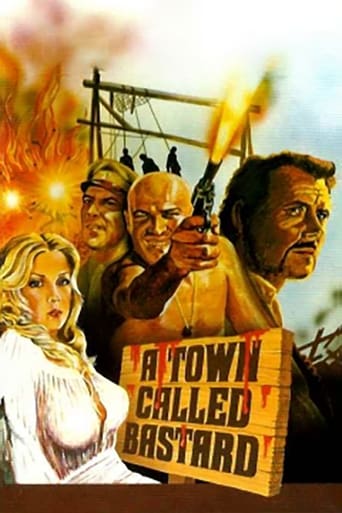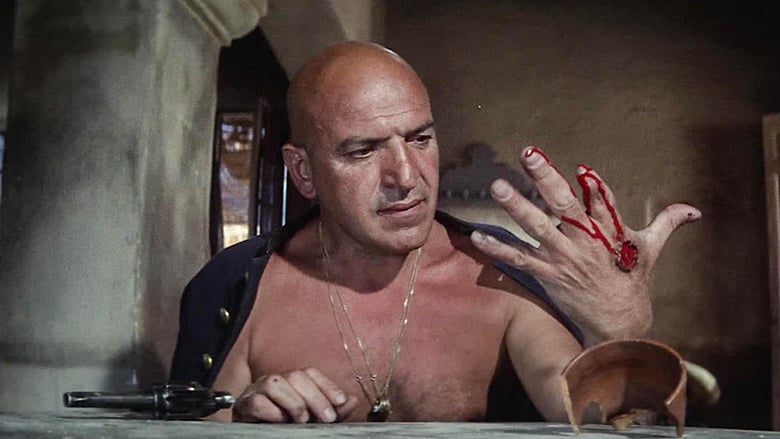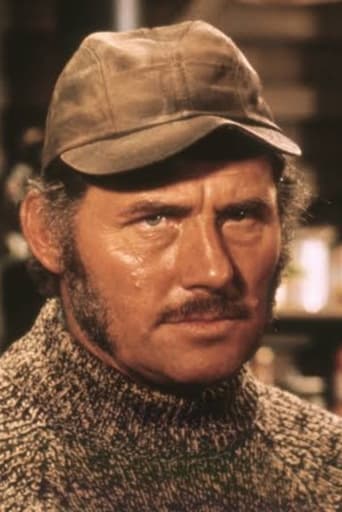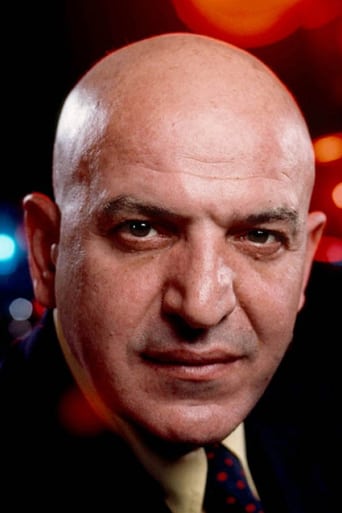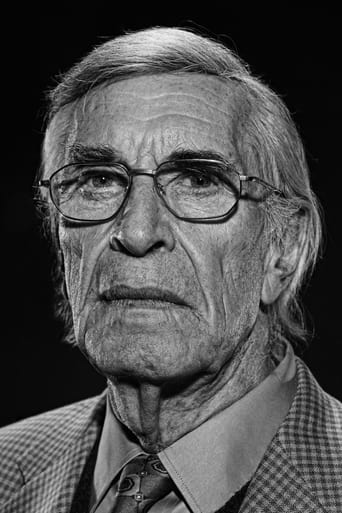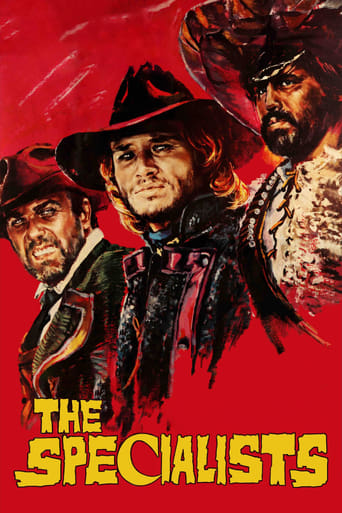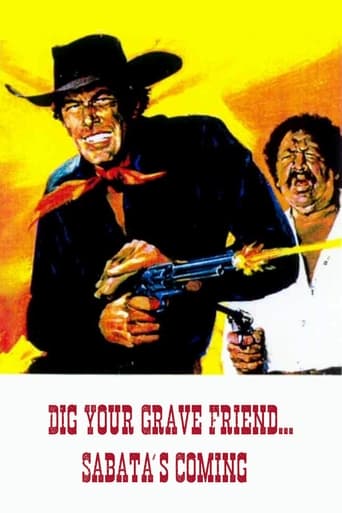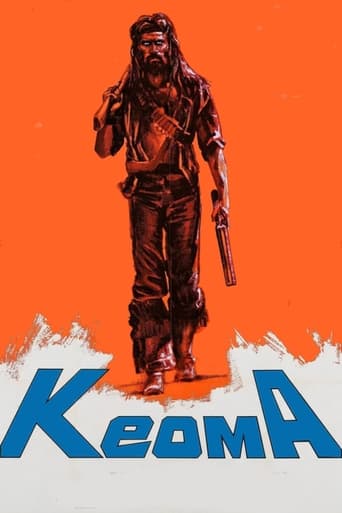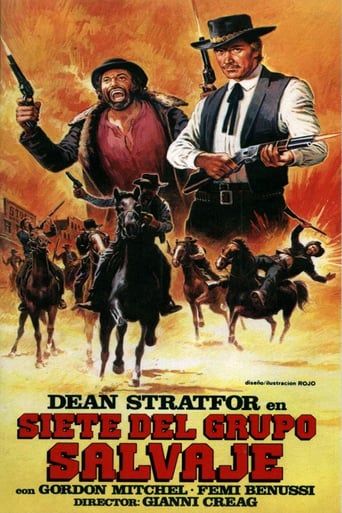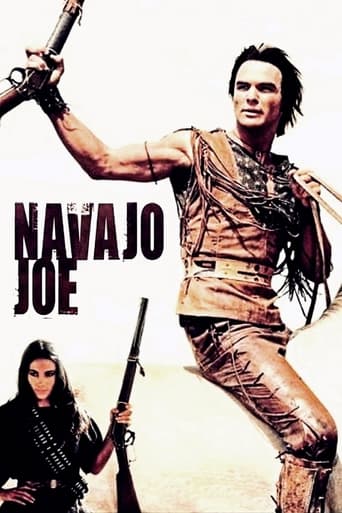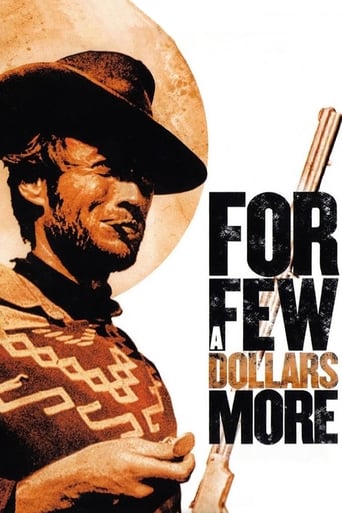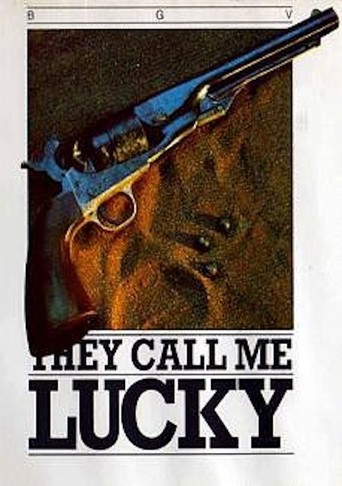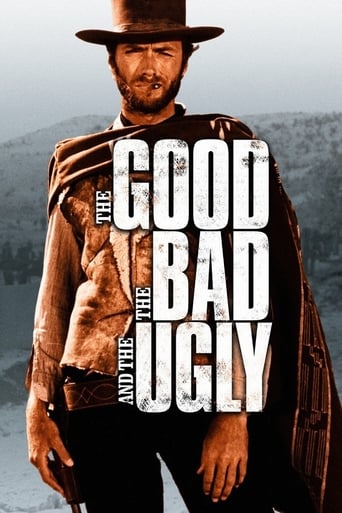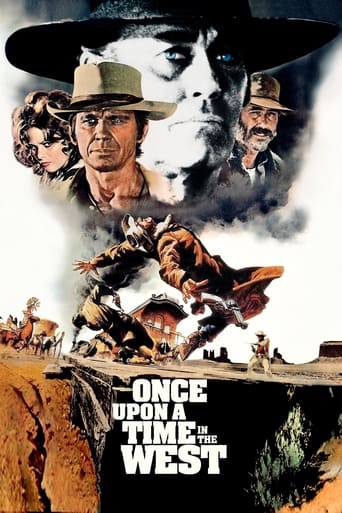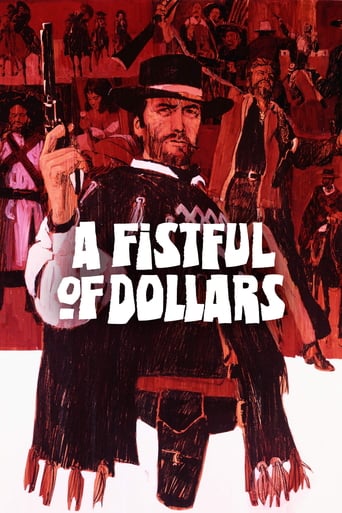A Town Called Hell (1971)
A group of Mexican revolutionaries murders a town priest and a number of his christian followers. Ten years later, a widow arrives in town intent to take revenge from her husband's killers.
Watch Trailer
Cast


Similar titles
Reviews
Best movie of this year hands down!
The film creates a perfect balance between action and depth of basic needs, in the midst of an infertile atmosphere.
Great example of an old-fashioned, pure-at-heart escapist event movie that doesn't pretend to be anything that it's not and has boat loads of fun being its own ludicrous self.
All of these films share one commonality, that being a kind of emotional center that humanizes a cast of monsters.
Robert Shaw, Martin Landau, Stella Stevens and Telly Savalas star in this spaghetti western mystery drama about a Mexican-revolutionary- turned priest (Shaw) who becomes haunted by his past when a mysterious vengeful white woman (Stevens) arrives in the isolated desert town he is residing in. The woman has returned to seek revenge against her husband's killer years ago, and for reasons unexplained, she knows that he must be in town. Savalas plays Don Carlos, a sadistic town bandit leader who gets in the widow's way as he tries to threaten her stay in the town. Matters become complicated when the Colonel (Landau), Shaw's revolutionary comrade now a military officer, and his men, returns to the town to search for a fugitive named Aguila – the same man wanted by the mysterious widow. Who is this mysterious Aguila? Will the widow get her revenge? What will happen to the townsfolk, who have been terrorized for years by Don Carlos and his henchmen? And what will happen to the Priest? A Town Called Hell is a slow-paced but quite interesting spaghetti western. Some subplots are not resolved, which leave viewers scratching their heads, like what happened to Don Carlos? What made Shaw become a priest and live in the same town where he ruthlessly killed the town priest? Who is the real Aguila? Despite these unanswered questions, the film is still worth a look especially if you like Shaw, Landau, and Savalas.
Not quite sure yet about A TOWN CALLED BASTARD as the widescreen version from Greece I saw was titled. It sure is something else, one of the most brutal, vicious, mean spirited films to come out of the Spaghetti Western years. A British and Spanish co-production, the film took the form of the languid, surrealist Italo Western and corrupted it into something else. The only film I can equate it with would be THE DESERTER, a similar British-Spanish co-production from the early 1970s that likewise is one of the most vicious and bloodthirsty Westerns ever made.I quickly lost track of the story: Telly Savalas plays some sort of crazed Cossack Mexican officer who drifts into a small border town, takes it hostage and proceeds to kill just about everyone, usually by hanging. They don't just hang the people however, first they are adequately (and often perversely humorously) humiliated, then swung out on a rope overhead from a massive scaffold that would have been right at home in a Hammer Horror Frankenstein movie. The hangings aren't just dramatic, they are staged with a flourish that is beyond theatrical to the point of absurdity. The chilling, disturbing crowd reactions of the captives below forced to watch become far more potent after a while.And speaking of horror movies the film has a decidedly strange, gloomy bent to it that has far more in common with a Spanish horror tragedy than any comic book Spaghetti Western with guys shooting their hats off. The film specializes in the Quick Cold Killing, where both supporting and lead cast members are dispatched with sudden cruelty and often without a seeming purpose. Other than piling the bodies up, which at the end of the film stretch across the screen with smashed rubble, burning debris and the survivors wandering around in a daze.There's some decent talent involved however. Robert Shaw steals every scene he's in as a principled gun runner turned priest, Martin Landau as a conflicted Mexican officer who's zeal for killing is a fragile mask of sanity, Stella Stevens as the woman with the past to whom they are all connected, and the great 70s character actor Al Lettieri, buried under makeup to the point that I wasn't quite sure what part he was playing. Plus a smattering of the great Euro genre film actors: Aldo Sambrell, Georges Rigaud, Charley Bravo, Chris Huerta, and Waldo de los Ríos provides the bizarre musical score that manages to incorporate Johnny Horton singing "Battle Of New Orleans" which likely resulted in a soundtrack rights issue that has kept the film more or less out of print in North America. But its a great song and the film's sole light hearted moment.And that's the thing. As the guy who I watched it with summed things up best, what would have been the audience for this film? Which is a question I also asked myself after suffering through THE DESERTER. Here is a film that is simply too vicious and cruel to be enjoyed as a time killer shoot-em-up, let alone watched by a general audience. It has more in common with the adults oriented cynical disillusioned 1970s American westerns like SOLDIER BLUE, who's commercial success likely inspired the producers to decide on making a sick, ultra-violent Western with a body count in the thousands.Something was lost at the production stage, however, and the film's story is too oblique to resonate beyond the on screen carnage. There might be a pretty interesting Zapata style Mexican Revolution Spaghetti here at its core, with lots of requisition flashbacks + larger than life grudges held by larger than life characters. The film also serves as an interesting counterpoint to the "Trinity" inspired comedy Spaghetti Westerns that dominated the industry after 1970. Its well made, has a perverse sense of macabre humor, and its always great to see Martin Landau & Robert Shaw, two of my favorite actors. Plus nobody ever said a Western had to be a fun, uplifting party movie. Its just that sometimes it helps.5/10
"A Town Called Hell" (aka "A Town Called Bastard"), a British/Spanish co-production, was made on the heels of Clint Eastwood's success in the Italian made "Man With No Name" trilogy. The template used in most of these films was to hire recognizable American actors, whose careers were largely in decline and dub their voices. This film is no exception except for the fact that they used some British actors as well.It's difficult to summarize the plot, but here goes. The story opens with rebels or whatever, led by Robert Shaw and Marin Landau raiding a church and killing everyone inside, including the priest. Fast forward to the subject town a few years later where the Shaw character is masquerading as a priest. The mayor of the town (Telly Savalas) is a brutal leader who thinks nothing of meting out justice with his gun.Throw into the mix a grieving widow Alvira (Stella Stevens) who is searching for her husband's killer. Add to this the fact that she rides around in a hearse lying dead like in a coffin for God knows why. After the mayor is murdered by his henchman La Bomba (Al Lettieri) the town is invaded by a federale Colonel (Landau) in search of a rebel leader (I'm sorry but the name escapes me). The Colonel takes over the town and begins summarily executing the townsfolk to force them to reveal the identity of the leader.Even though they opened the film side by side, its difficult to tell from the dialog that the Landau and Shaw characters know each other. A blind man (Fernando Rey) claims he can identify the rebel leader by touching his face. He does so and..............................................I'm sure the principals regretted making this film. It's just plain awful and well deserving of my dreaded "1" rating. Shaw spends most of the film fixating his trademark stare at whomever is handy. Even Landau can't salvage this film. The beautiful Ms. Stevens is totally wasted here too. Having just made Peckinpah's "The Ballad of Cable Hogue" the previous year, I found it odd that she would appear in this mess of a movie. Savalas made several of these pictures, ("Pancho Villa" and "Horror Express" come to mind) during he pre-Kojak period.Michael Craig is also in it somewhere as a character called "Paco".Fernando Rey appeared in many of these "westerns" although he would emerge to play the villain in the two "French Connection" films. Al Lettieri would also emerge with a role in "The Godfather" (1972) and go on to other memorable roles before his untimely death in 1975.In all fairness, the version I watched ran only 88 minutes rather than the longer running times of 95 or 97 minutes listed on IMDb, however I can't see where an extra 7 or 8 minutes would make much difference.Avoid this one.
An early 70's western, entirely financed in Europe (more particularly Spain) AND starring Telly Savalas as a sadistic crook?? Yes, please! It already starts out terrific, with a merciless massacre of an entire town by vile looking bandits. Without knowing why, you see how women, elderly people and even a priest get butchered in a small church! What an intro!! The story continues with eerie images of how a young beauty (Stella Stevens) lying in a hearse is driven into the same town by a deaf-mute gunslinger The coffin she brought with her is reserved for the person who killed her husband, but she still has to find out who that is. "A Town called Hell" is a western in the purest sense of the term. It's rough and ugly looking, the unbearably hot climate reflects through the screen and it's filled with despicable characters that cannot be trusted. Everyone in this town (also referred to as "Bastardo") betrays everyone and the smallest conflict is resolved with a gunfight. Telly Savalas is excellent as the bandit without a conscience, but even the whiskey-addicted priest (great role for Robert Shaw) and the greedy colonel (Martin Landau) are prominent madmen. As the story develops, "A Town Called Hell" becomes very complex and messy and it's likely that you'll be more confused than satisfied when it ends. Yet, it remains fascinating because the character drawing is disturbing like you've never seen it before in a western. This definitely isn't a movie for the squeamish, as the camera zooms in on vile hangings and nasty bullet wounds every five seconds. Too bad that most of the editing and elaboration is so bloody awful; otherwise this would have been a most wanted gem among western fanatics.

